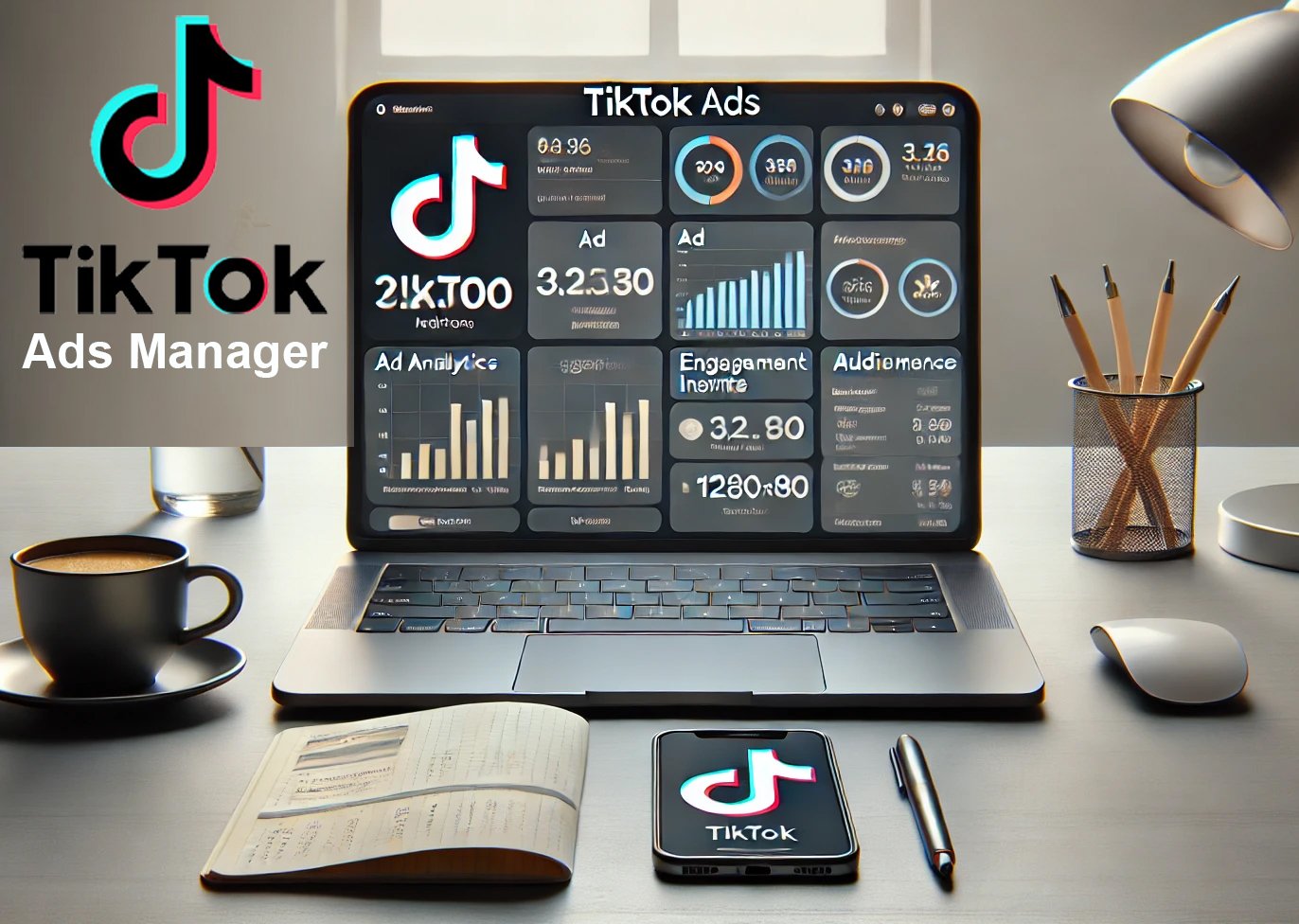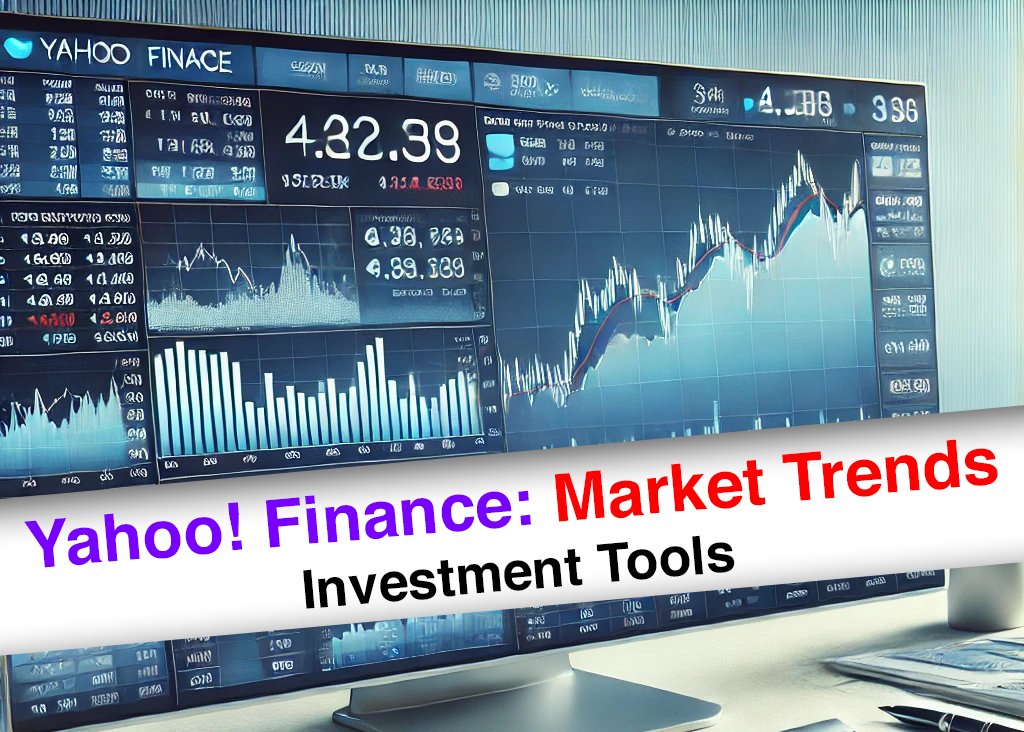Stock Market Futures
One of the largest derivatives driving the global economy is known as stock market whereby investors can purchase and sale equity ownership in companies. However, stock market futures prove to be a valuable resource for those individuals interested in understanding future trends of the financial markets. Futures are a way for traders to make bets on the direction of stock prices before markets open, giving signals as to what could happen during the next trading session. In this article, we deliver a comprehensive overview of futures exchanged through the stock market including: — What exactly are they?— How do with work and how are trades executed; in which you should look for when …
What Are Stock Market Futures?
At the heart, Stock Market Futures are a contract between two parties to purchase or sell an asset at a specified price and quantity in future. This asset can be a stock index, stocks of individual companies or other securities (for example, commodities and bonds). In the case of an options, you get to choose whether or not you want to sell a trade (a right). With futures contracts however it obligates either party selling/buying.
Buyers and sellers are the two main players in stock market futures. Buyers agree to move forward with the asset purchased at the agreed-upon price and sellers will proceed in selling it. They are simply betting on whether the market will be higher or lower in value from now until conclusion of their contract.
How Do Stock Market Futures Work?
Stock market futures serve as an agreement to make a trade at a price that is set in advance. For instance, if you buy a futures contract of an index such as S&P 500 then it means that at the date on which your contract expires you will have to either sell or procure the particular price. For example, if you buy a call option on the S&P 500, and after that purchase the price of this index grows up (and it was just what should have happened according to your calculation), so reselling an order with more expensive initial fees brings profits.
These contracts are traded on futures exchanges (like the CME). Futures contracts are agreements to buy or sell an asset on a particular future date at a price that is determined upfront.
Common stock market futures include broad-based equity index features (e. g., S&P 500, NASDAQ), individual stocks and sector-specific sectors reflecting a particular industry such as technology or healthcare).
Why Are Stock Market Futures Important?
Why are stock market futures important? Because the futures markets run 24/7, they often serve as a trading signal before stock exchanges officially open. Look at the futures for a major index such as Dow Jones Industrial Average — if these are rising before the opening bell, then it could be an indication that we’ll see a rally when stock trading begins.
It lets investors short the market as well for them to hedge against possible losses with futures. For example, if an investor has a portfolio of stocks and they worry that the market may fall down or prices might reduce through it, so they can sell futures contracts. Known as hedging, this tactic allows the futures gains to partially counterbalance any losses in the stock market.
Futures contracts are also used speculating by institutional investors and traders. They seek profit from prices movements with out ownership of the underlying. Futures are a way to speculate on market direction with less money than buying or selling individual stocks.
Advantages of Stock Market Futures
- Leverage: Leverage is one of the most interesting attributes for futures traders. That means traders can hold a much larger position in the market than they could otherwise — with less money. For example, a futures contract on the S&P 500 could have an underlying value of $250,000 but may only require that you put up a margin (a percentage) to control the position.
- Hedging: Hedge portfolio with futures In case an investor is worried about market volatility or feel the presence of a downturn in near future, they can use futures contracts to hedge their portfolio value. This chief advantage of this is that it made things super easy for HDG to other high-level stock players — mostly large institutional invest
- Liquidity: They are hyper-liquid, which means you can buy and or sell them all day long at certain prices without the price changing by too much. That liquidity is particularly important in the case of institutional traders, who frequently make oversized trades.
- Market Efficiency: Futures markets help in improving the price discovery and enabling the investors to profit by taking view on future prices movements.
Risks of Stock Market Futures
While futures contracts provide a range of benefits, they will definitely involve risks that have the potential to deter new entrants.
- Leverage Risk: Leverage is helpful when it can increase profits, but just as damaging (or more) when the trade doesn’t go in your favor. If the market goes against your position, you can potentially lose much more than what you would have invested initially. This is why futures trading are considered extremely risky.
- Market Volatility: Future contracts can be very volatile. Because futures are typically traded on margin, small changes in the markets can result in large gains or losses.
- Time-Sensitive: The date of the expiration is agreed in advance, If an investor has not sold it out by that time he suffers the loss. In case the market does not move as you predicted during this time frame, it could result in a loss.
- Complexity: Both the asset and futures market have to be understood very well while you are trading in future markets. Futures are a very scary thing and most people stay away from them because they seem so complex.
Futures vs. Options: What’s the Difference?
Futures and options are sensational tap roots, permitting investors to bet on their financial commodity exists is worth probable of an advantage moving higher or lower however work in some considerably divergent frameworks.
- Futures: Hold both the buyer and seller responsible for executing or completing trade on the agreed date at previously decided price.
- Options: Grant a buyer the right to buy or sell an underlying asset at a set price on or before an expiration date. Options traders have more freedom to play with as the settlement price date approaches versus futures traders.
How Are Stock Market Futures Used in the Real World?
Stock market futures are used by all types of investors and institutions in the real world. Examples of this include the following :
- Day Traders: Basically these traders trade futures contracts in and out within the same day to try capitalize on short term price movements.
- Institutional Investors: Futures are utilized by large-scale investors to hedge their portfolios against the event of loss, so that in effect they reduce (but not necessarily eliminate) risk.
- Hedge Funds: Hedge funds trade futures in order to speculate on the market with advanced methodologies for maximizing returns.
- Corporate Risk Management: Hedge on risks:A legacy use of futures, however is to hedge against a risk in the future – such as an especially poor or rich year for soybean production and sale.
Conclusion
The use of stock market futures is a flexible way to participate in the financial markets with profit potential. These indicators are vital for predicting future market trends which enables investors to hedge their portfolios or speculate against them. Nonetheless, the risks inherent in futures—leverage and volatility—are significant enough that they demand a sophisticated market knowledge base as well careful risk management techniques.
Traders and investors are armed with some of the best weapons in their toolkit to become futures. But, just like any investment, the key to long-term success lies in understanding its risks and rewards. Whether employed to speculate, hedge or simply as an indicator of where the market might be heading, futures on stock markets remain a core point in the global financial landscape.











Leave a Reply